Uncategorized
-
 Chemistry
ChemistryWater softeners get friendlier to health, environment
New technology softens water without adding sodium, which ends up in drinking water and contaminates the environment.
-
 Genetics
GeneticsDNA data offer evidence of unknown extinct human relative
Melanesians may carry genetic evidence of a previously unknown extinct human relative.
-
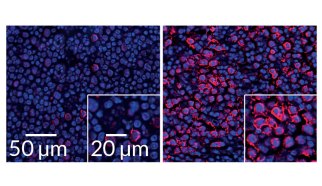 Life
LifeVirus triggers immune proteins to aid enemy
Virus-fighting proteins in the immune system can sometimes help out their targets instead.
-
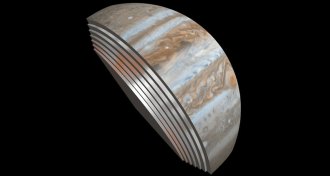 Planetary Science
Planetary ScienceFirst peek under clouds reveals Jupiter’s surprising depths
Jupiter’s colorful bands originate several hundred kilometers beneath the cloud tops, the Juno spacecraft reveals.
-
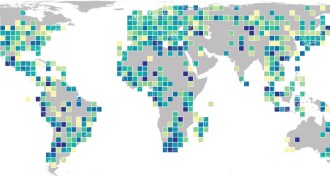 Animals
AnimalsMaps show genetic diversity in mammals, amphibians around the world
Maps of genetic diversity within mammal and amphibian species provide a baseline for understanding the effects of human activity and climate change on animals.
By Kate Travis -
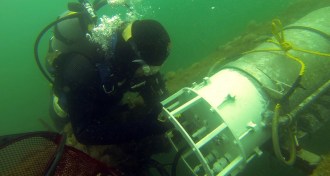
-
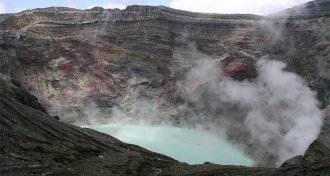 Earth
EarthThere’s a new way to stop an earthquake: put a volcano in its path
An earthquake rupturing along a fault in Japan was blockaded by the magma chamber below the Mount Aso volcano, researchers propose.
-
 Paleontology
PaleontologyAncient armored fish revises early history of jaws
The fossil of a 423-million-year-old armored fish from China suggests that the jaws of all modern land vertebrates and bony fish originated in a bizarre group of animals called placoderms.
By Meghan Rosen -
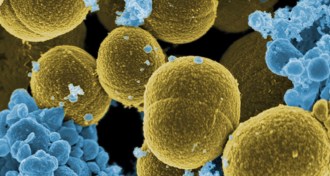 Health & Medicine
Health & MedicineStaph infections still a concern
Scientists have been searching for a vaccine against a deadly microbe for 50 years.
-
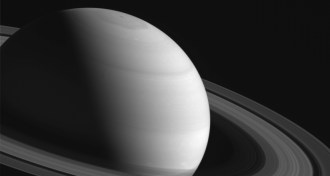 Planetary Science
Planetary ScienceExperts don’t agree on age of Saturn’s rings
Saturn’s rings could be almost as old as the solar system, and the Cassini craft is poised to help find out.
-
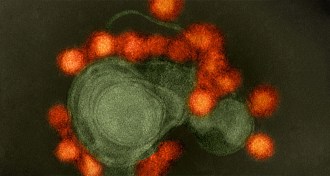 Genetics
GeneticsZika disrupts cellular processes to impair brain development
Discoveries about how Zika virus slows brain cell development could lead to treatments.
-
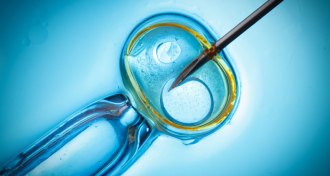 Health & Medicine
Health & Medicine‘Three-parent baby’ boy healthy so far
A baby boy born with donor mitochondrial DNA seems to be healthy, researchers report at a meeting.